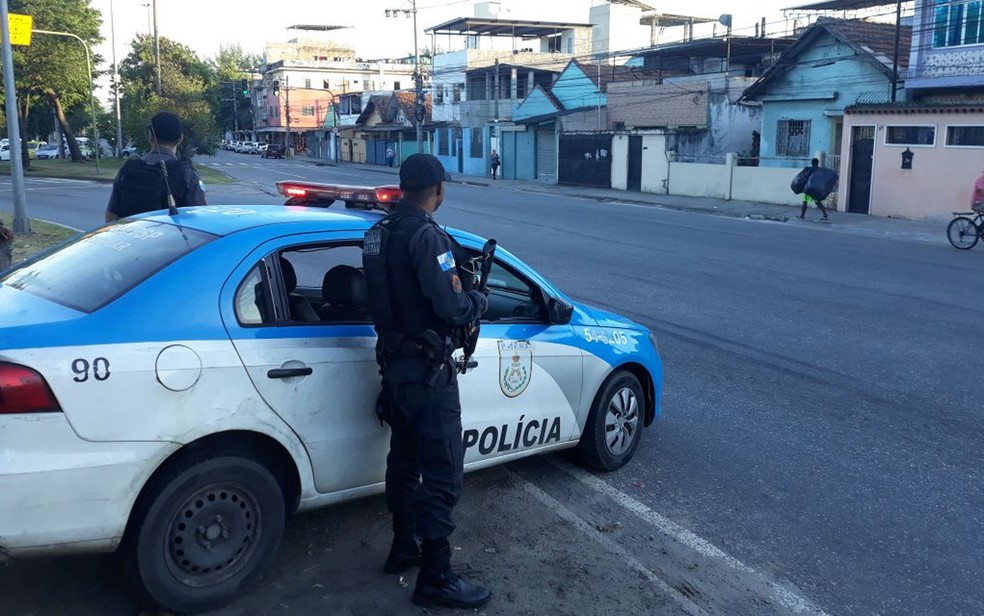RIO DE JANEIRO, BRAZIL – The suspension of police operations in Rio de Janeiro’s favelas in June reduced the number of deaths by 72.5 percent and the number of people injured as a result of actions or shootings in a month by 50 percent.
The data is included in a survey by the Study Group on New Illegalities of the Rio de Janeiro Federal University (GENI/UFF) released yesterday, August 3rd (3) at an online event promoted by the Public Defenders’ Office of Rio de Janeiro.
According to the researchers’ calculations, 30 lives were preserved in the 31-day period after Federal Supreme Court (STF) Justice Edson Fachin issude a preliminary injunction to suspend police operations in the state on June 5th as long as the novel coronavirus pandemic persists.

The study analyzed the impacts of the measure in the 31 days following the decision, by comparing the averages of official records produced since 2007 in the metropolitan region of Rio de Janeiro.
The study was based on official data on criminal occurrences released by the Public Safety Institute (ISP-RJ), data on police operations produced by GENI/UFF, and reports of shootings from NGO Datalab Fogo Cruzado – RJ.
According to the survey, between June 5th and July 5th, there was a 78 percent reduction in police operations. The survey showed that this reduction was not associated with an increase in crime. The researchers identified a reduction of 48 percent in crimes against life and 40 percent in crimes against property over the same period.
For GENI/UFF researcher Daniel Hirata, cross-checking the data suggests that police operations are ineffective in reducing the occurrence of crime.
“The effects of the STF’s provisional decision on public safety in the state were very positive,” said public defender Daniel Lozoya, of the Rio de Janeiro Human Rights Office.
Another survey, conducted by the NGO Right to Remembrance and Racial Justice Initiative, identified eight police operations and three injured individuals in the Baixada Fluminense neighborhoods north of Rio in the 30-day period following Justice Edson Fachin’s injunction.
According to the organization, this represents a 77 percent decrease in the number of police operations in the region.
According to the organization, the examination of reports of incidents of resisting arrest by the Institute of Public Safety during the whole month of June showed ten deaths committed by police in Baixada Fluminense, which corresponds to a drop of 70 percent compared to May 2020 and 75 percent compared to June 2019.
“This decision led to a very swift decrease of deaths in the “resisting arrest” records in the region and proves that the policy of armed clashes in the streets, favelas, and peripheries results in deaths of black people,” said Giselle Florentino, a member of the organization.
This week the STF will resume the trial of the lawsuit – Fundamental Precept Noncompliance Action No. 635, which calls for the suspension of police operations in communities during the Covid-19 pandemic.
In late May, a coalition of organizations urged the Supreme Court to suspend police operations in Rio de Janeiro during the pandemic except in absolutely exceptional cases, duly justified in writing by the relevant authority and with immediate notification to the Public Prosecutor’s Office.
Source: Agência Brasil

